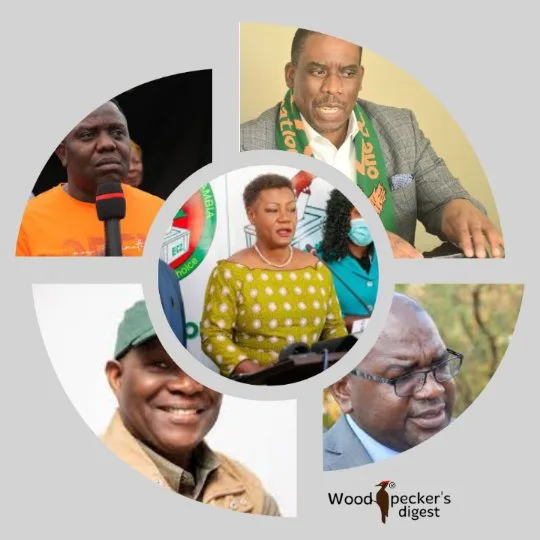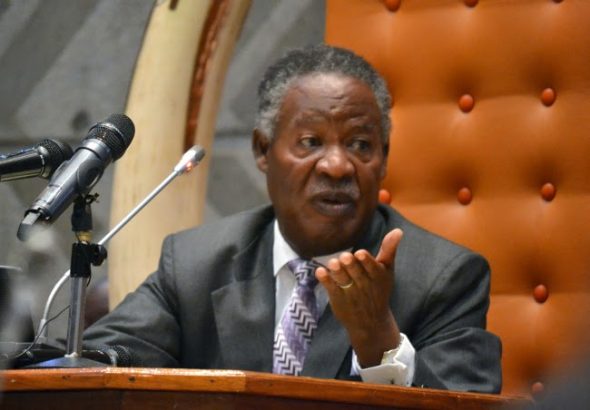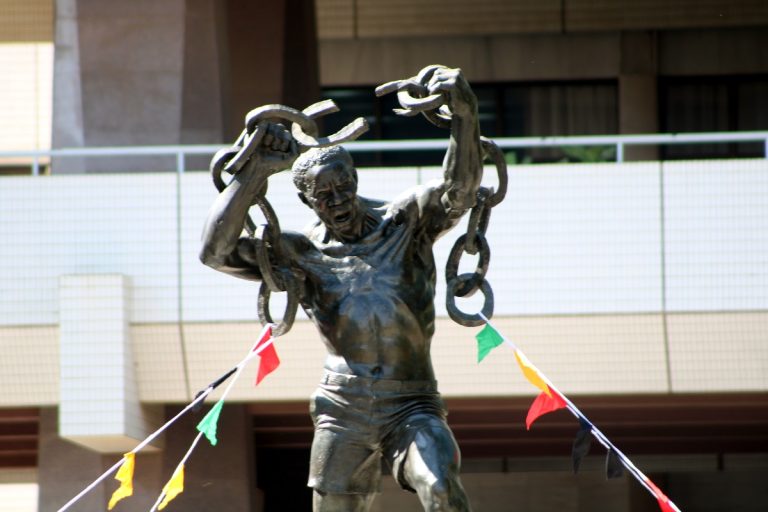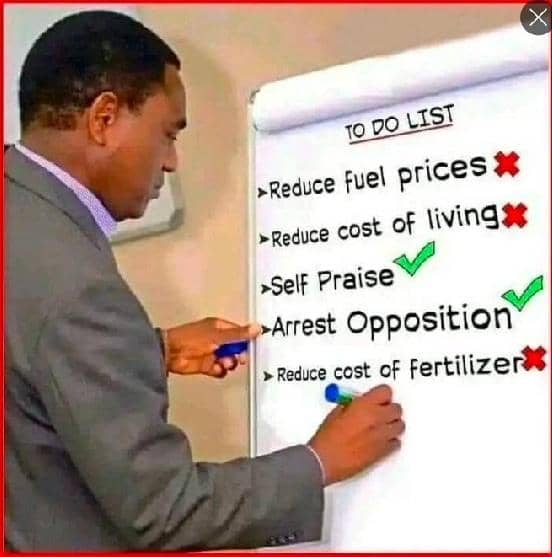
Let’s navigate the tumultuous landscape of opposition politics in Zambia, seeking to shed light on the challenges and chart a course towards a more robust, competitive democracy.
By Dr. Lawrence Mwelwa.
Lusaka, June 26 – With every election cycle, the political landscape of Zambia transforms into a battleground of ideologies and ambitions, as opposition parties strive to challenge the ruling party’s dominance and secure a spot in power.
However, the journey to becoming a viable alternative is fraught with obstacles and pitfalls that opposition parties often find themselves wrestling with.
Here are some common pitfalls that have plagued opposition politics in Zambia, hindering their ability to effectively compete and bring about the desired change.
From over-reliance on the mistakes of the ruling party to the failure to embrace new talent and ideas, we explore the key factors that have impeded the success of opposition parties and offer insights into how these pitfalls can be overcome.
Join us as we navigate the tumultuous landscape of opposition politics in Zambia, seeking to shed light on the challenges and chart a course towards a more robust, competitive democracy.
▪️ 1. Over-reliance on the mistakes of the ruling party: Opposition parties often focus solely on highlighting the failures of the incumbent government as a long-term winning strategy. However, political narratives are unpredictable and can quickly change, making this approach ineffective in the long run.
▪️ 2. Chairman Mao syndrome: Many opposition parties become too focused on personality cults and fail to evolve to remain relevant. They rely too heavily on a single leader and fail to hold them accountable. It is important to recognize that even political leaders can make mistakes, and accountability is necessary.
▪️ 3. Poor political calendar management: Opposition parties often fail to effectively manage political calendars and synchronize their strategies with the most opportune times for elections. Waiting until the last minute or starting organizing late in the election cycle hinders their chances of winning unless there is a significant wind of change or revolution.
Also Read: A political analysis of Antonio Mwanza’s resignation!
▪️ 4. Lack of resource mobilization: Opposition parties often struggle with limited resources and an over-reliance on a few wealthy individuals for funding. Dependence on business elites can be problematic as they may face pressure from weaponized tax authorities or other challenges, limiting the financial support for the opposition.
▪️ 5. Failure to embrace new talent and ideas: Opposition parties sometimes fall into a pattern of relying on the same individuals for leadership positions, even if they have previously failed or contributed to the party’s decline. Embracing new people and ideas can bring fresh perspectives and rejuvenate the party.
▪️ 6. Failure to transition from protest organization to a legitimate government alternative: Opposition parties may excel at protesting and challenging the ruling party but struggle to transition into a shadow government that demonstrates the ability to govern democratically within their own party. Developing and showcasing intra-party democratic tenets is essential for gaining the trust and support of the electorate.
About The Author: Dr. Lawrence Mwelwa is a respected academician, a former Vice Chancellor, a politician and revolutionary writer.
You can now follow Woodpecker’s Digest on Twitter and Facebook!
©2022 Woodpecker’s Digest Inc.
News, analyses and commentaries.







